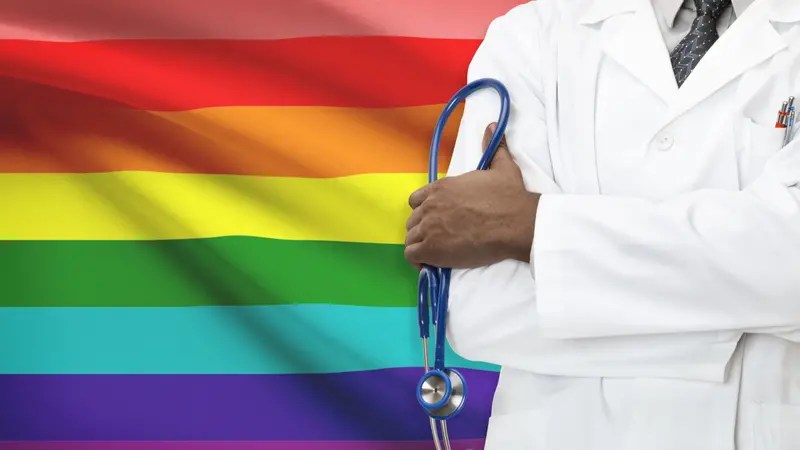

Professional

Professional
Improving Healthcare For LGBTQ+ Diabetes Patients
Diabetes affects more than 30 million Americans, and about a third of the population is pre-diabetic. The LGBTQ+ population is at higher risk of diabetes than the general population yet is less likely to receive diagnosis and treatment. Experts are now urging more culturally sensitive care to improve health outcomes.
According to studies, members of the LGBTQ+ community are more likely to smoke, consume alcohol heavily, take medication associated with higher diabetes percentages, and are at higher risk for mental health issues linked to higher rates of diabetes. Lesbian and bisexual women are also more likely to have an unhealthy body mass index (BMI), which is linked to diabetes and its complications.
The LGBTQ+ community often encounters healthcare professionals who may not be culturally sensitive—stigma, prejudices, and assumptions can affect how patients are treated and result in poorer healthcare. LGBTQ+ health data are often omitted from mainstream science, partner relationships are sometimes ignored, and it may be difficult to find diabetes educators who are LGBTQ+ friendly.
There are many avenues to help deliver culturally competent healthcare for LGBTQ+ diabetes patients, say experts, beginning with changes to medical school curricula. Educational materials and forms should not assume heterosexuality and should use inclusive language. Healthcare professionals can help patients feel more comfortable by asking about and using appropriate pronouns and by discussing research on LGBTQ+ disparities with them. Increased education and awareness will enable practitioners and clinicians to communicate in a more sensitive way to improve care for their LGBTQ+ patients.
REFERENCES
O’Mann, J. (2021, March 22). Culturally sensitive diabetes care for the LGBTQ+ community is required. Outcare Health. https://www.outcarehealth.org/culturally-sensitive-diabetes-care-for-the-lgbtqi-community-is-requir…?


 By
By







